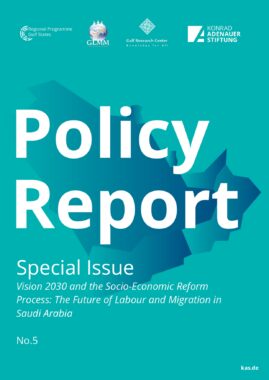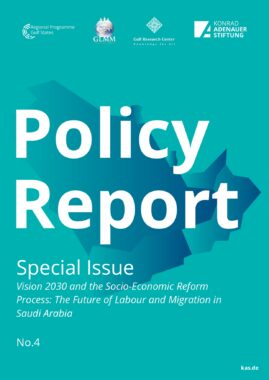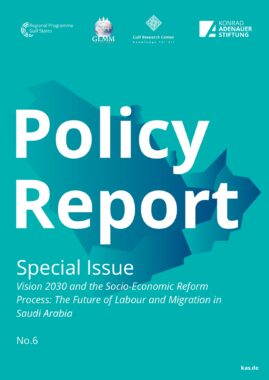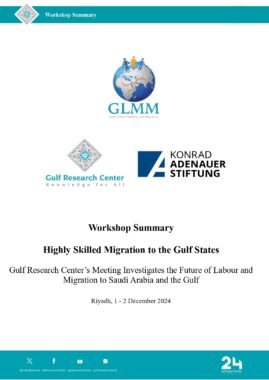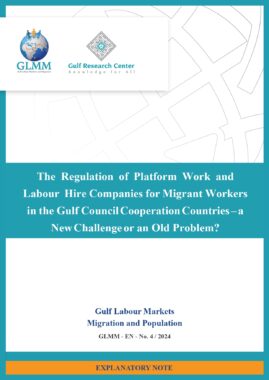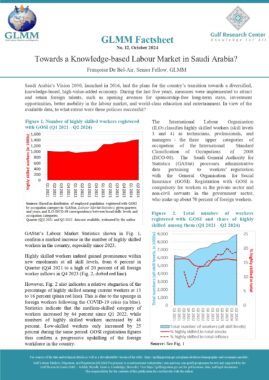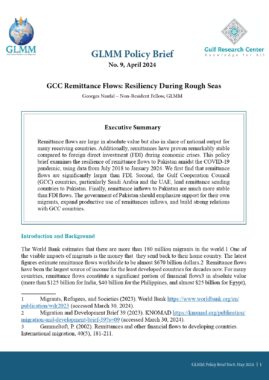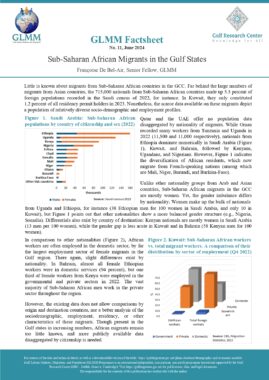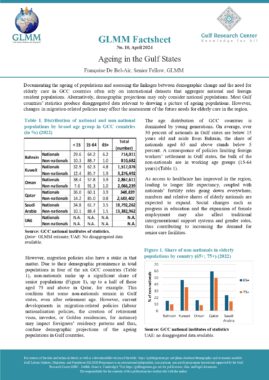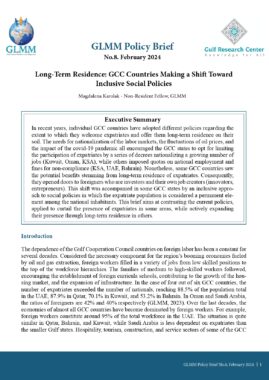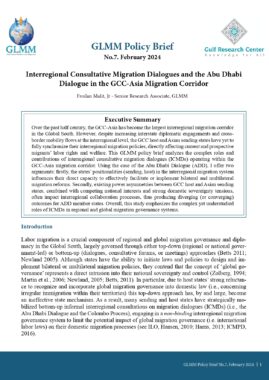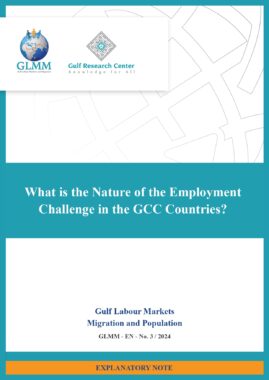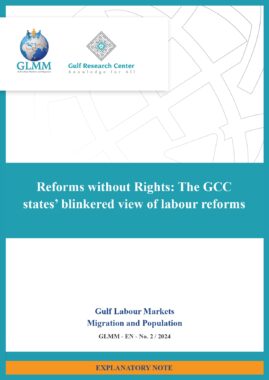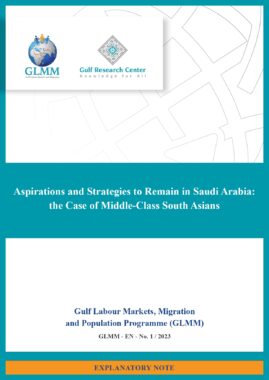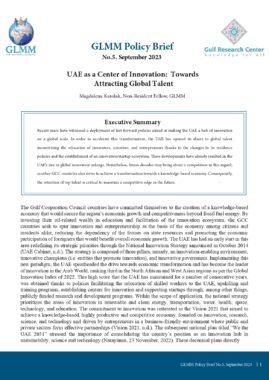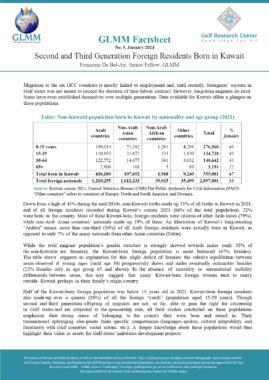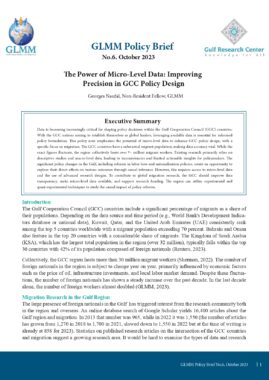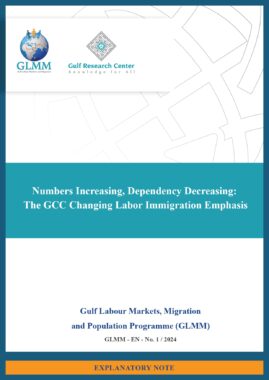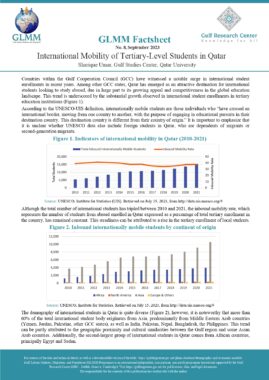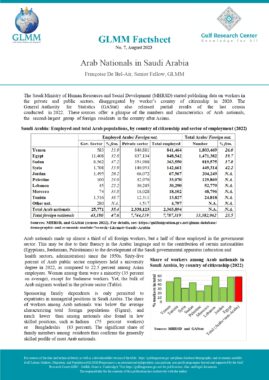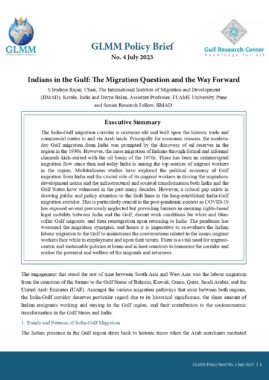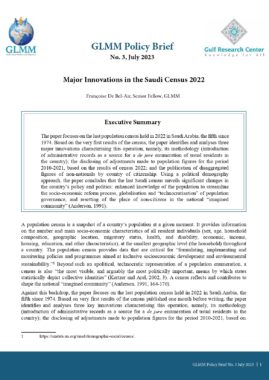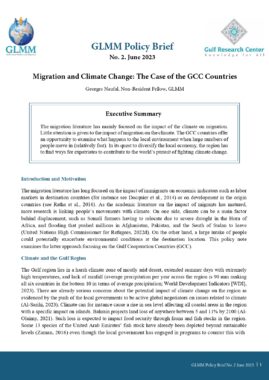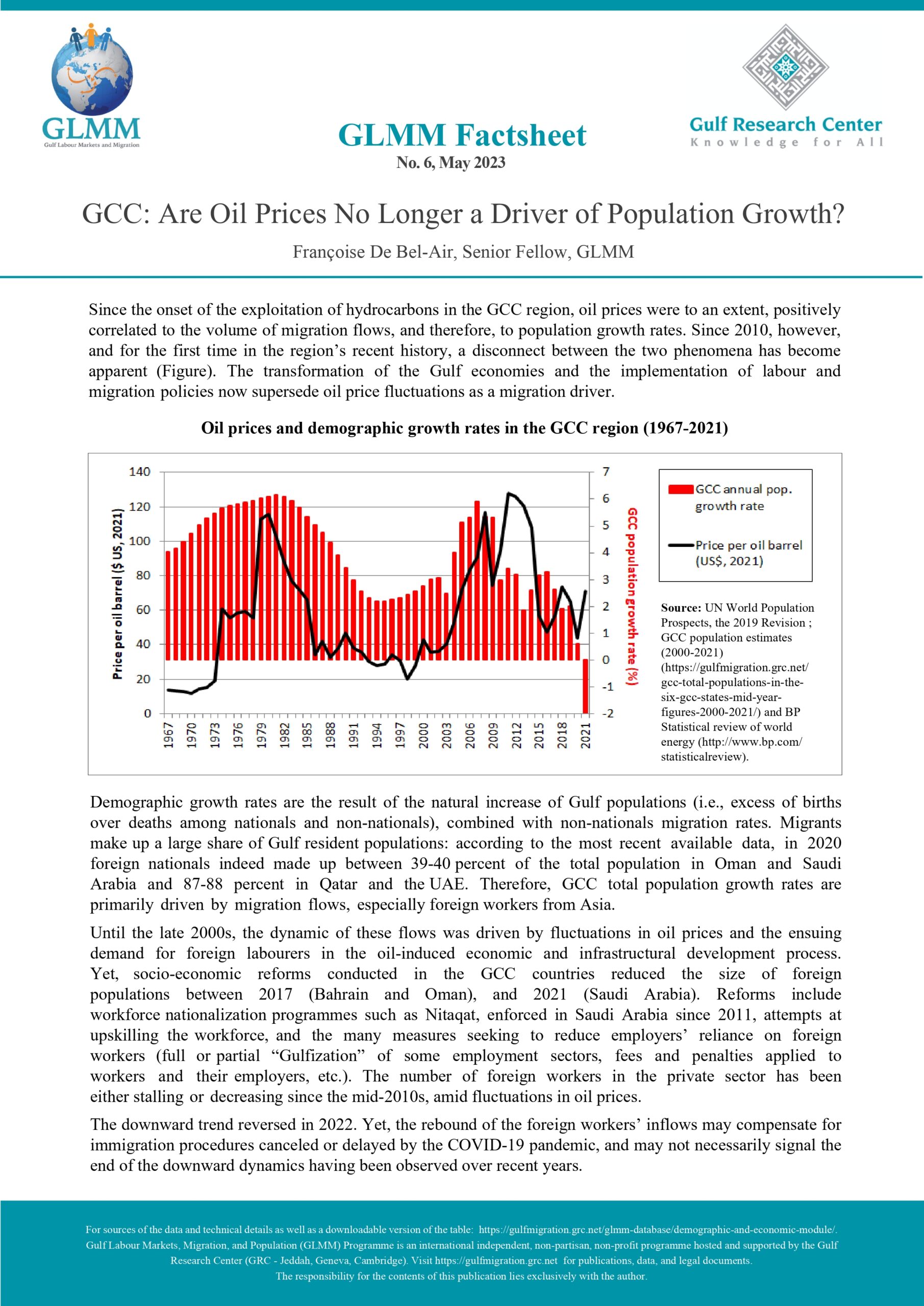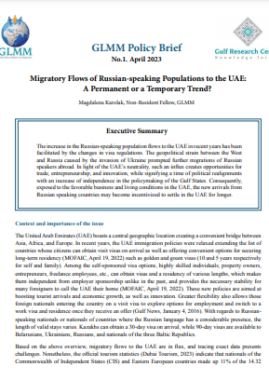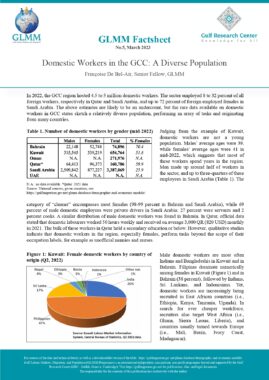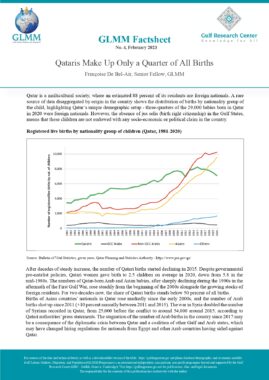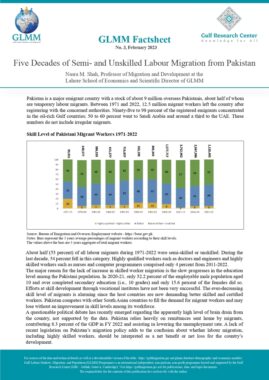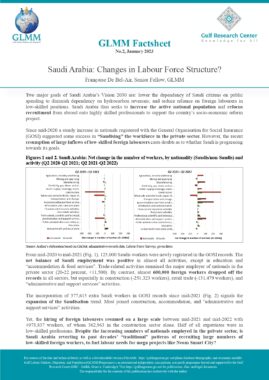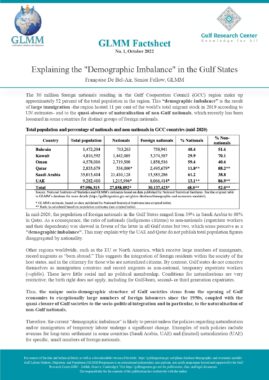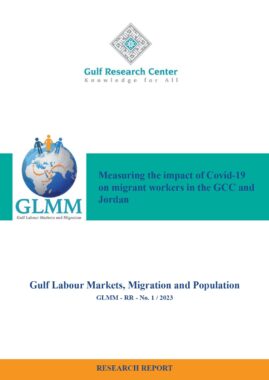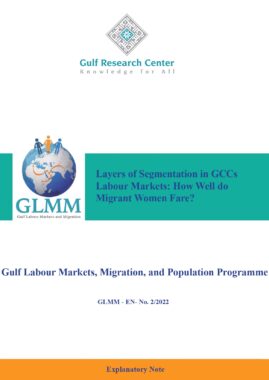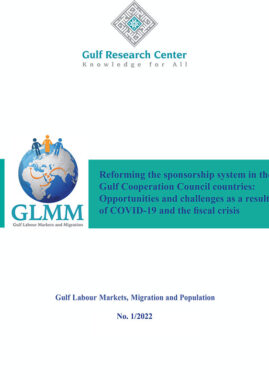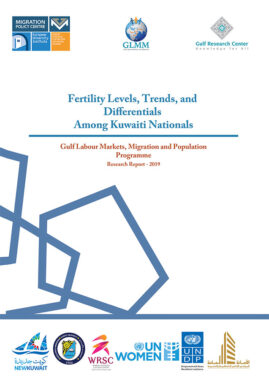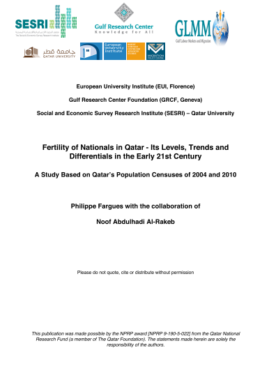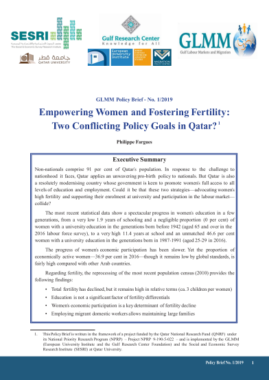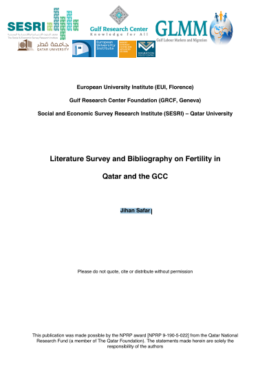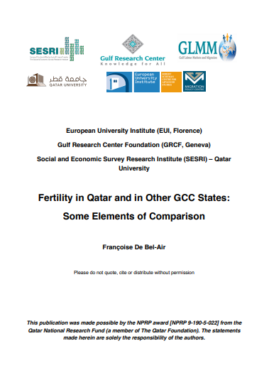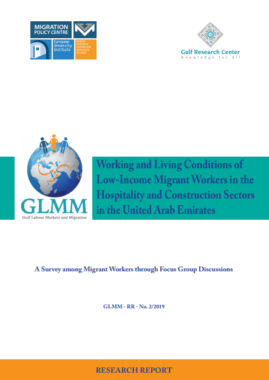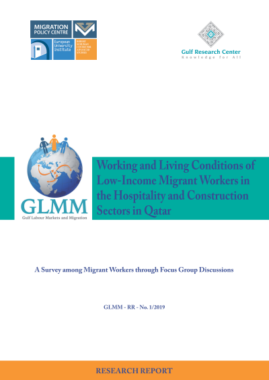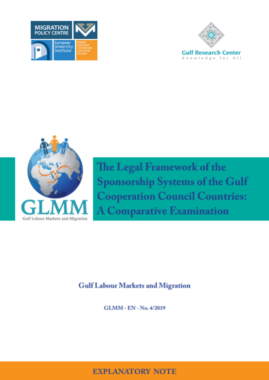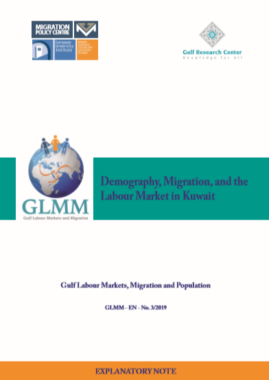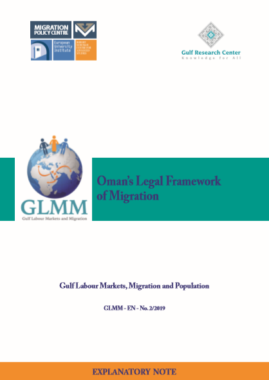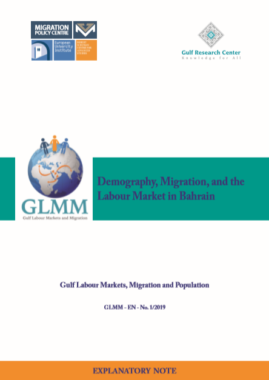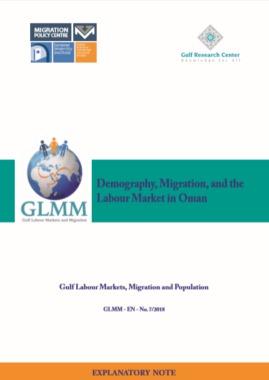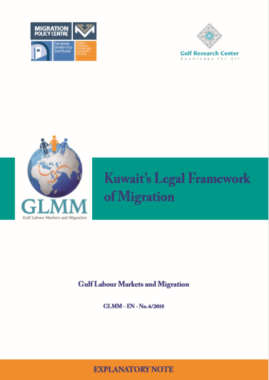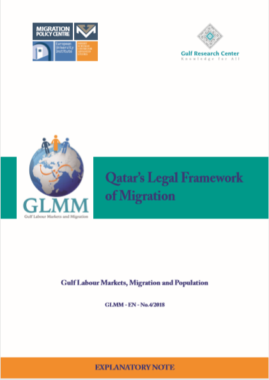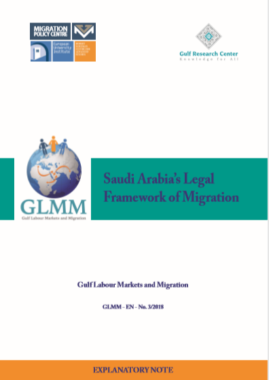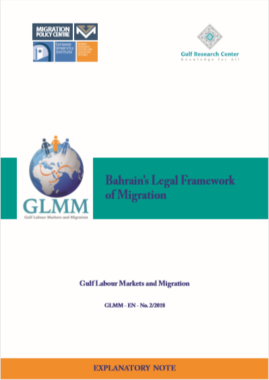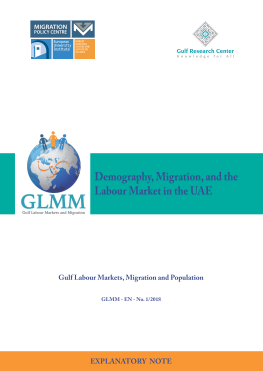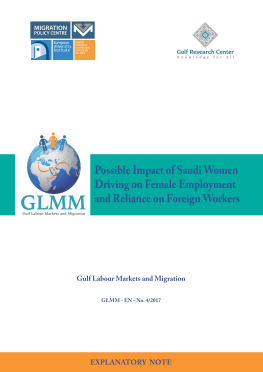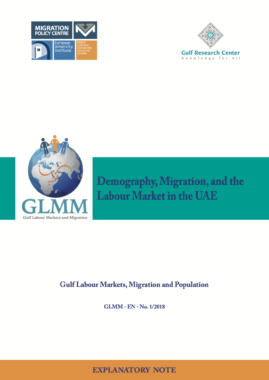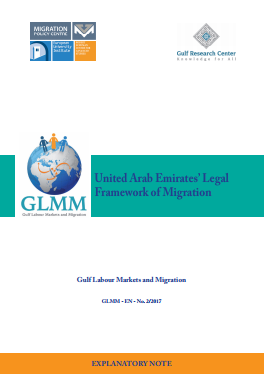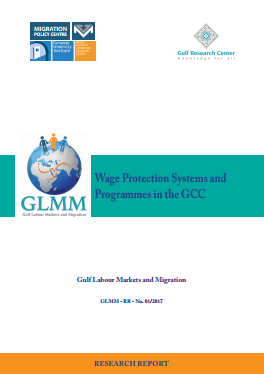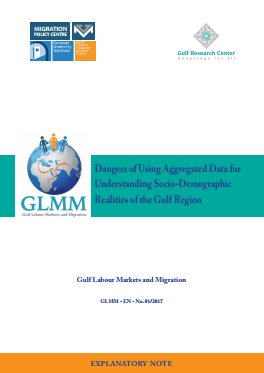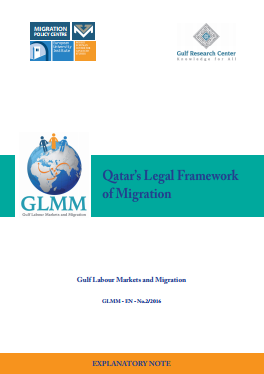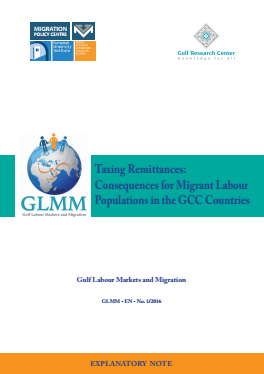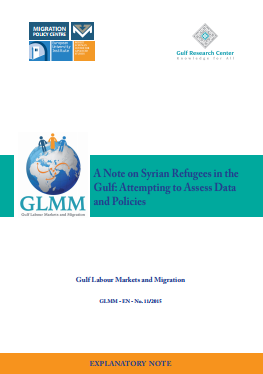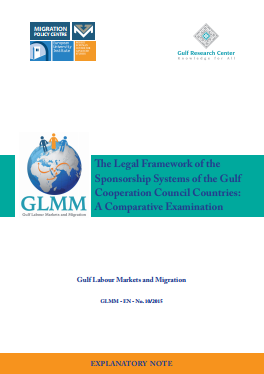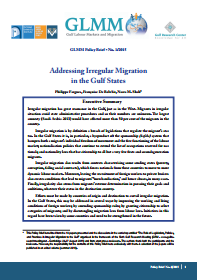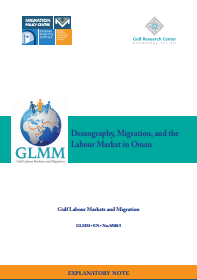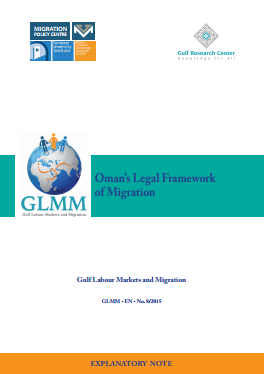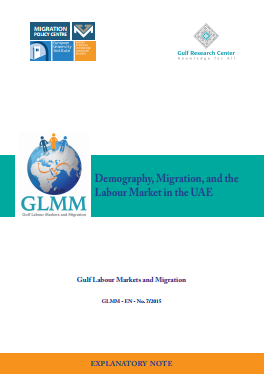Amnesty of 2013 cumulated numbers of work status corrections by type since the beginning of the amnesty period (06_04_2013), at various dates (Saudi Arabia)
| date of record | 23/06/2013 | 06/07/2013 | 01/09/2013 |
| Transfer of sponsorship | 329.468 | 1.183.022 | 1.500.000 |
| Change of profession | 141.000 | 1.122.125 | 1.300.000 |
| Issuance or renewal of work permits | 926.330 | 1.617.779 | 2.500.000 |
| Total of corrections | 1.396.798 | 3.922.926 | 5.300.000 |
Source: Ministry of Labour
1. Definition
Ahead of a crackdown on irregular workers/ sojourners, an amnesty period was decided, starting April 3rd, 2013 and due to expire on November 3rd, 2013. The amnesty allows workers to try to sort out their administrative situation (renew expired documents; register their current employer as their sponsor; register changes in profession and in activity sector, etc.), or leave without paying a penalty.
Foreigners who came for Haj, Umrah or visit before 3/7/2008 could also rectify their status at the passport department.
The regularization campaign was decided within the process of undertaking a massive program of saudization of the work force, called ‘Nitaqat’.
Nitaqat (“ranges” or “zones”) was formally launched by the Saudi Ministry of Labour in September 2011 (Ministerial Resolution n°4040, dated 12/10/1432 H.). The regulation establishes minimum shares reserved for Saudi citizens in a company’s labor force, depending on the size and on the activity sector of the business.
The companies with less than 10 employees are exempt from the program, but still need to employ at least one Saudi citizen.
Based on their level of compliance to Saudization quotas, the program classifies the private firms into four categories: Premium, Green, Yellow and Red. Premium and Green categories include the companies with highest Saudization rates, while Yellow and Red include the ones with low rates.
Color/ category of company is henceforth bound to the company’s ability to secure or renew its employees’ work permits, as well as registering any new branch of activity with the Labor ministry.
Nitaqat’ is ongoing and new measures are being added to the program’s tasks.
2. Institution which provides data
Ministry of Labour
3. Data availability
The figures are retrieved from press releases quoting officials of the Labor ministry, sometimes published on the Ministry of Labour’s website, “News” section.
23/06 figures: http://www.arabnews.com/news/455911
03/07 figures: http://portal.mol.gov.sa/en/News/Pages/4_million_corrective_procedures_recorded_up_to_27_Shaba%E2%80%99n_1434H.aspx
01/09 figures: http://www.arabnews.com/news/463365
Similar Posts:
- Saudi Arabia: Amnesty of 2013 (April 3 to November 3): Number of work status corrections by type and sector (final results)
- Saudi Arabia: Deportations from Saudi Arabia by month (3/2011-11/2014)
- Saudi Arabia: deportations from Saudi Arabia by month (March 2011-February 2016)
- Saudi Arabia: Abolishment of the Yellow Band from the Nitaqat Program
- Saudi Arabia: Ministerial Decision No. 1/4687
Tags: Amnesty, Irregular Migration, Saudi Arabia, Sponsorship
